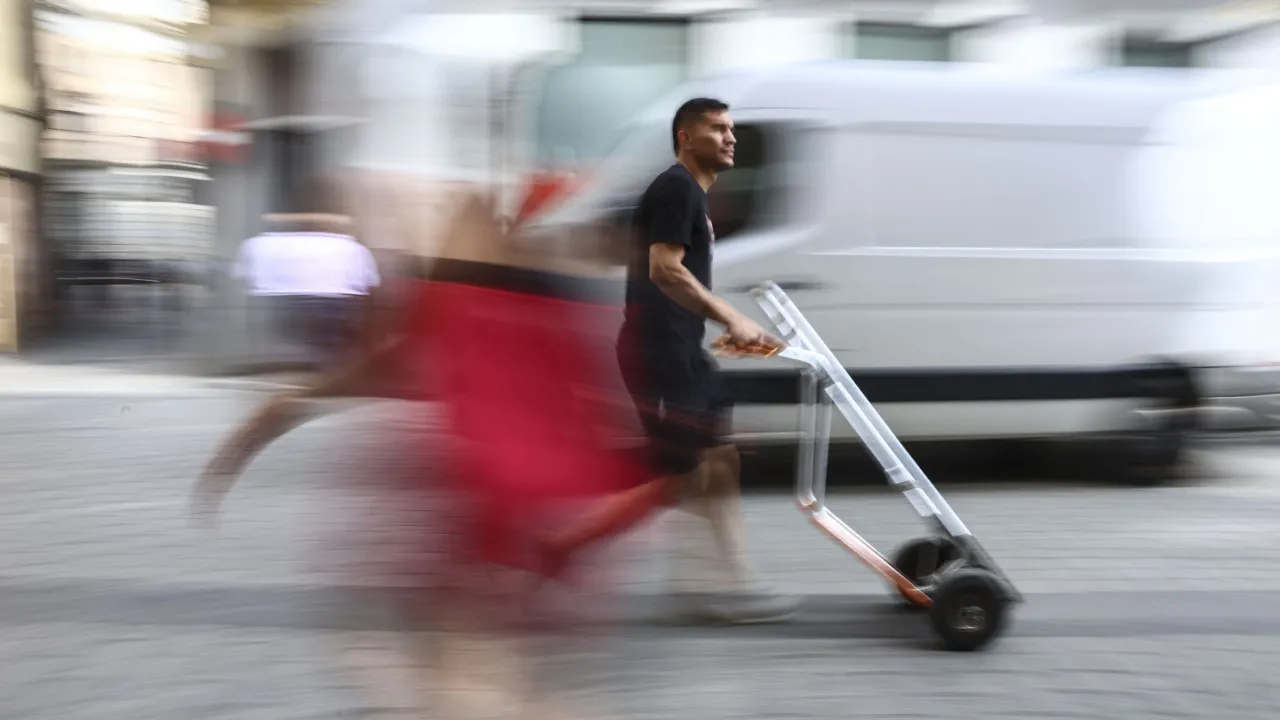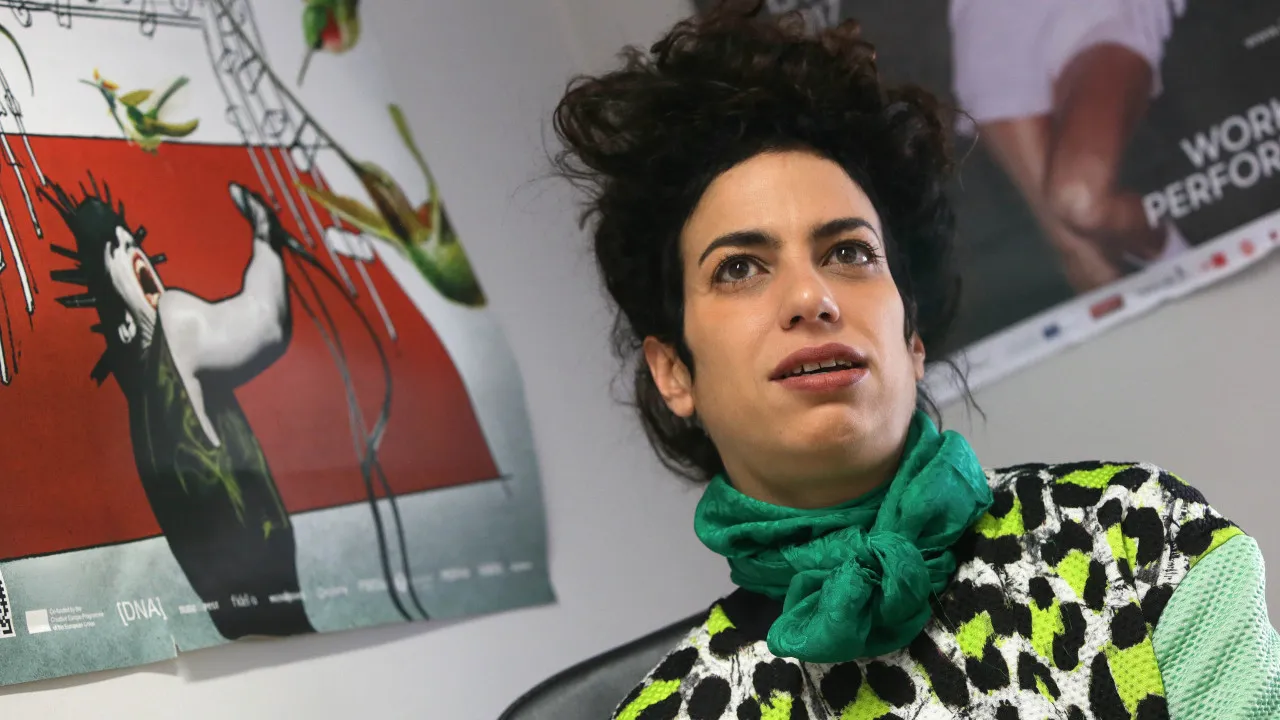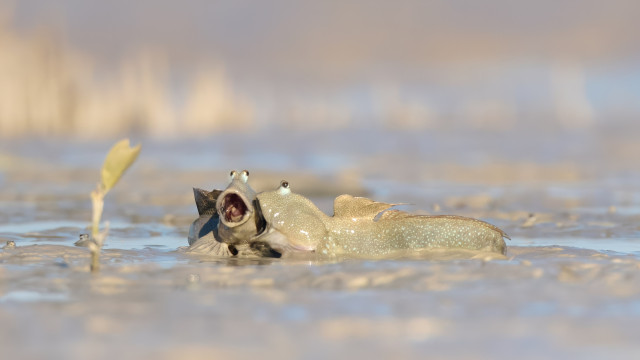António Machado’s water mill, in Telões, Vila Pouca de Aguiar, is reopening these days to tell stories of a past when the grain harvested from the fields was ground there to feed families and animals.
“It’s an opportunity to see how the old people used to process the grain in this area, which is predominantly maize and rye, but also barley and wheat,” the 76-year-old miller told Lusa.
The municipality of Vila Pouca de Aguiar is joining in the celebration of National Mills Day on Sunday, but from today you can visit the three mills in the Vila Real district that will be open for business.
“It’s important to draw people’s attention,” stressed António Machado, referring to the “Open Mills” initiative that has been held annually since 2007.
By 2024, there will be 219 mills and 104 milling centers, spread across 71 municipalities, that will be open for business as part of the Portuguese Mill Network initiative.
Located on the Moinhos stream, the small stone building owned by António Machado’s family was built by his great-grandfather around 1830 and, although this was never a full-time activity, he often took on the role of miller to grind and share stories from the past.
“They even used to grind the grape seeds here to feed them to the pigs. They dried the pips and then ground them here,” he said.
Mills played an important role until the middle of the last century. In these mills, the power of water is used to start the milling system.
“This was the only way to make flour to bake bread, because there were no bakeries or bakers and so everyone used these mills to turn grain into flour. Nowadays it’s just for people to see, although in this case the flour will also be used for baking and making bread,” he said.
In the past, this mill worked “day and night” and was an important help with “the household expenses”.
António invites us into the building. Outside you can hear the sound of the stream and, inside, the miller reveals the main parts that give life to this structure: the millstone, the landing and the caster and shows the corn flour that is being ground there.
“Today it’s only of historical interest, but in the past it was of economic interest,” he said, pointing out that there are still eight mills on the stream, two of which are still in operation.
The president of the Telões council, Luís Sousa, said that it was “due to the kindness of the owners” that these two mills still operate in the parish, António Machado’s and Eusébio Borges’.
“And because they like to show these things to the population and to the students who come here for many visits,” he said, recalling that in this area agriculture was the families’ main economic activity.
The “Open Mills” initiative is organized by the Portuguese Mills Network in collaboration with the International Society of Molinology (TIMS), mill owners, millers, molinologists and local councils.
According to the organization, the aim is to draw attention to traditional Portuguese mills and also to identify problems and opportunities, germinate projects and ideas, or even to carry out small improvements (cleaning, painting, roof repairs) with the participation of activists and visitors who wish to do so, preserving the mills and creating development dynamics around them.








